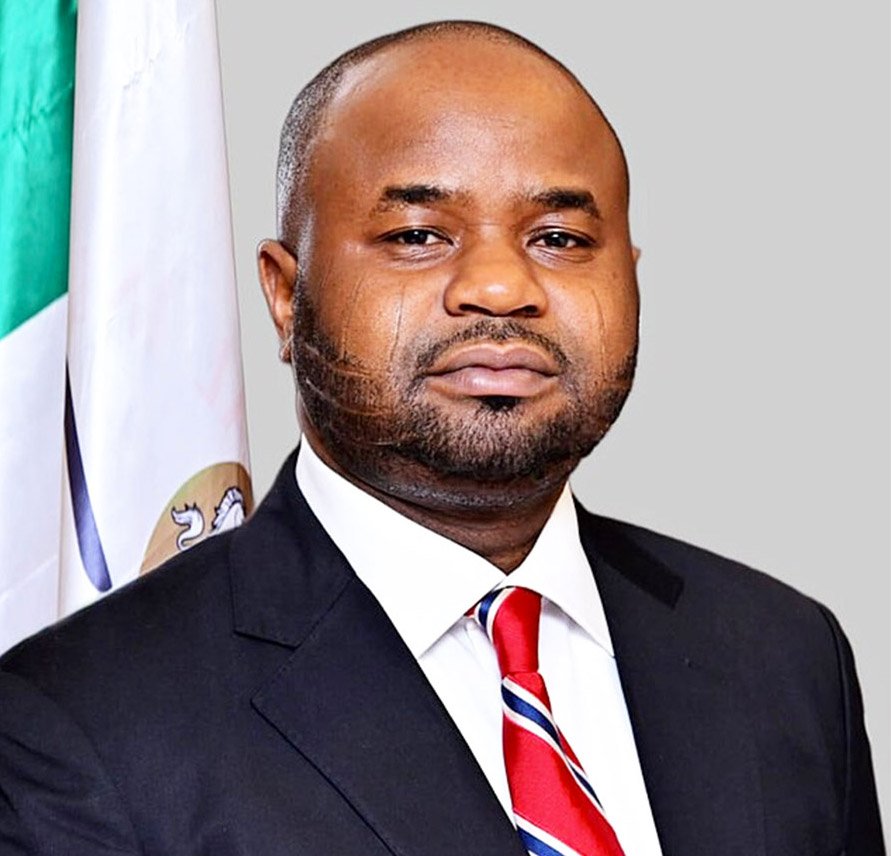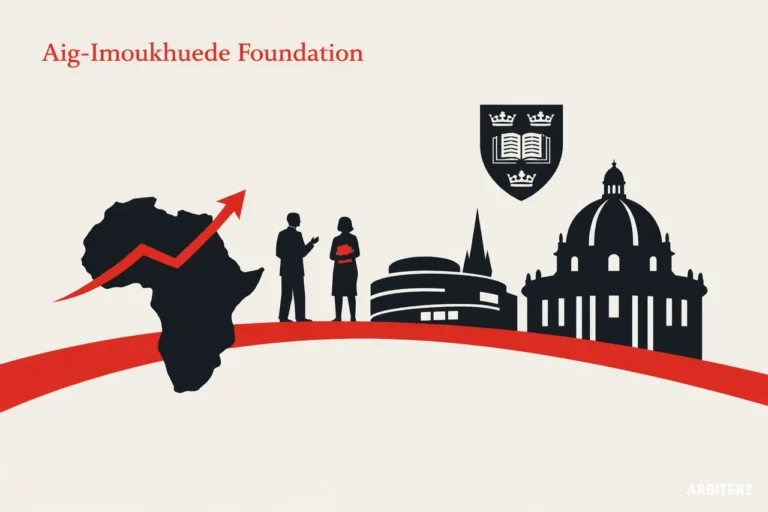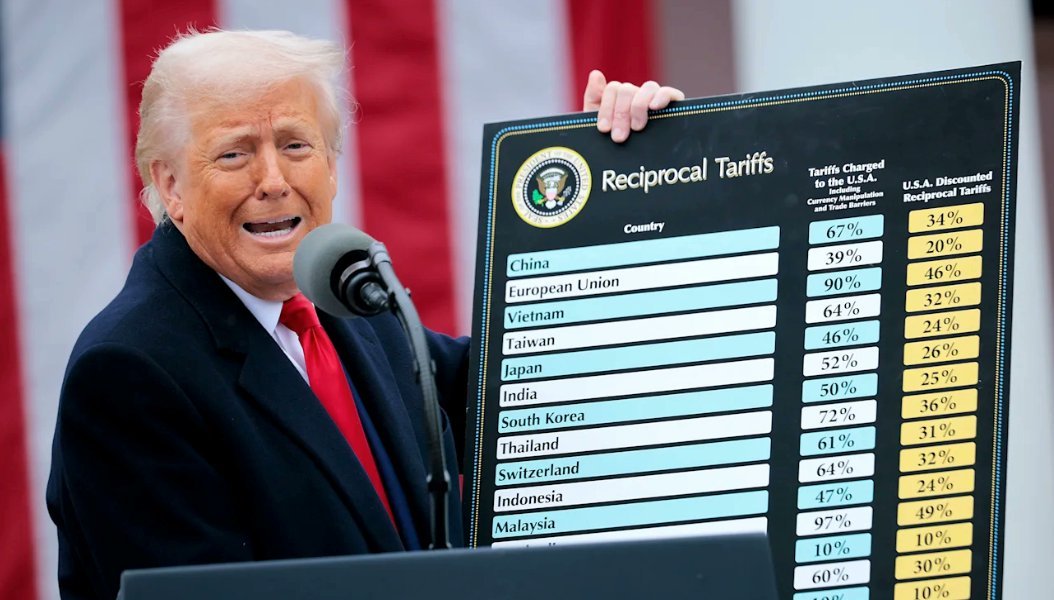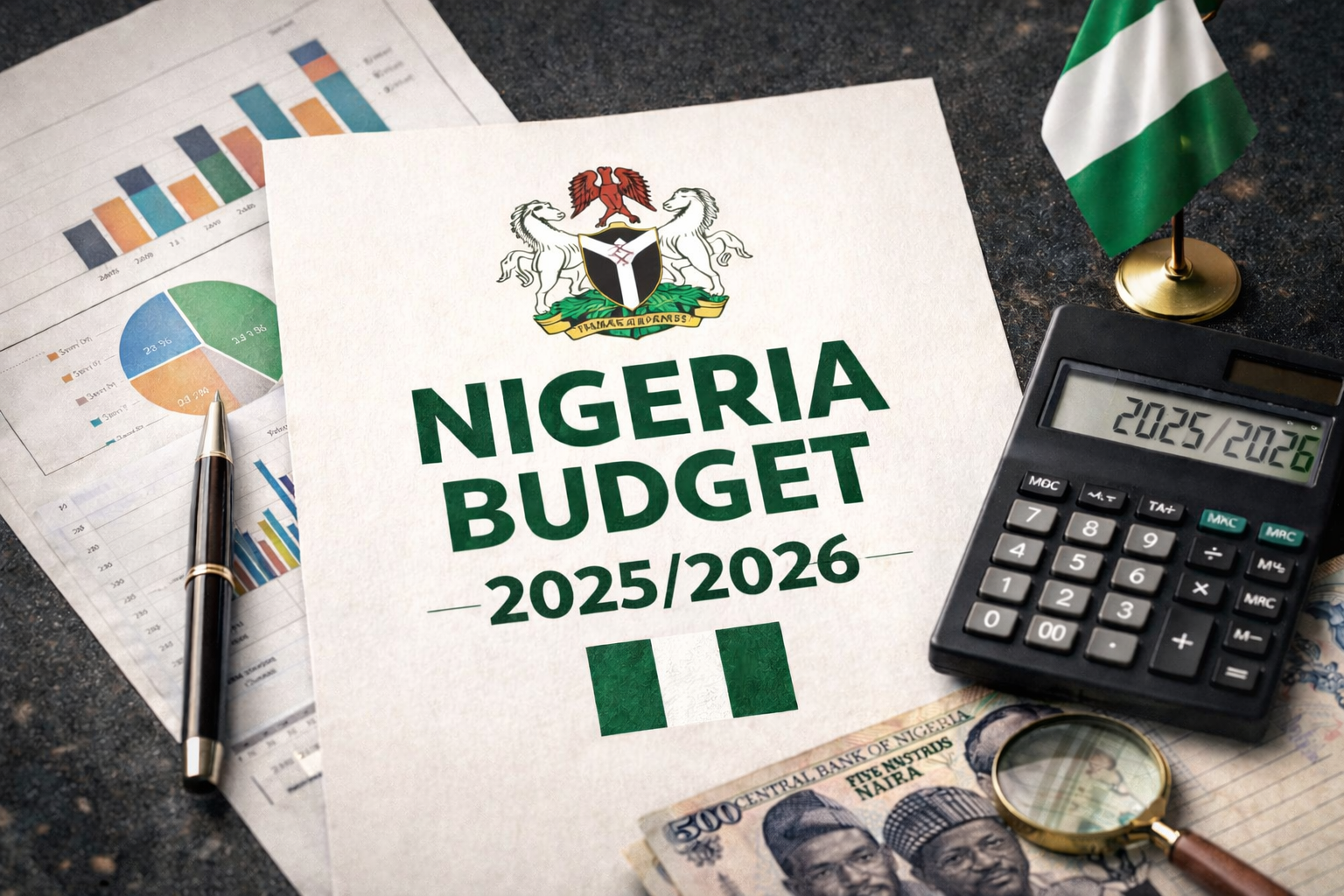Nigeria’s federal revenue collection has achieved a remarkable milestone, hitting N3.65 trillion in September 2025, a staggering 411% increase from the N711 billion recorded when the current administration took office in May 2023.
The Federal Inland Revenue Service (FIRS) Executive Chairman, Dr. Zacch Adedeji, announced these unprecedented figures during a briefing with State House correspondents in Abuja, highlighting the transformative impact of comprehensive fiscal reforms.
This dramatic revenue expansion reflects Nigeria’s strategic pivot toward economic diversification and enhanced tax compliance mechanisms.
Also Read:
The growth trajectory demonstrates the government’s success in reshaping the country’s revenue architecture beyond traditional oil dependency.
The most striking aspect of Nigeria’s revenue transformation lies in non-oil sector performance, which skyrocketed 599% from N151 billion in May 2023 to N1.06 trillion in September 2025.
This exceptional growth underscores the effectiveness of policies designed to reduce Nigeria’s historical reliance on petroleum revenues.
Oil revenue also demonstrated substantial gains, climbing from N96 billion to N644 billion during the same period. Value Added Tax collections tripled to N723 billion from N218 billion, driven by enhanced compliance and operational efficiency improvements across key economic sectors.
The Nigerian Upstream Petroleum Regulatory Commission (NUPRC) recorded remarkable growth, with revenue jumping to N745 billion from N125 billion. Similarly, the Nigeria Customs Service achieved significant expansion, collecting N322 billion compared to the previous N106 billion baseline.
Between January and August 2025, FIRS generated N20.62 trillion in total tax revenue, representing a 40.8% increase over the corresponding 2024 period.
This performance exceeded the agency’s baseline growth target of 16.4% and positions Nigeria to achieve its ambitious federal revenue target of N25.2 trillion by year-end.
Adedeji attributed the revenue surge to targeted reforms that streamlined tax processes and reduced administrative burdens on small and medium-sized enterprises.
The introduction of digital compliance tools, including e-invoicing systems and updated excise regulations, has significantly improved collection efficiency.
A presumptive tax regime is currently under development to capture previously hard-to-tax sectors, while efforts to harmonize state-level levies aim to broaden Nigeria’s national tax base.
“Our goal is to build a fair, efficient, and sustainable tax system that supports growth and boosts investor confidence,” Adedeji stated.
The FIRS chairman confirmed the discontinuation of unbacked Ways and Means advances from the Central Bank of Nigeria. These previously problematic loans have been reclassified as federal debt, with both principal and interest now being systematically repaid to stabilize exchange rates and reinforce fiscal discipline.
Addressing government borrowing concerns, Adedeji emphasized that properly legislated debt directed toward infrastructure development serves as a vital economic sustainability tool.
“Borrowing funds for infrastructure generates future tax revenues from beneficiaries—this represents a sustainable approach for long-term development,” he explained.
Looking toward 2026, Adedeji announced that comprehensive Personal and Company Income Tax reforms will commence in January.
These anticipated changes are expected to further expand Nigeria’s revenue base and enhance fiscal resilience against global economic volatility.
The reforms represent the next phase of Nigeria’s tax transformation journey, building on the success of current initiatives that have fundamentally reshaped the country’s revenue generation capacity and economic outlook.


























